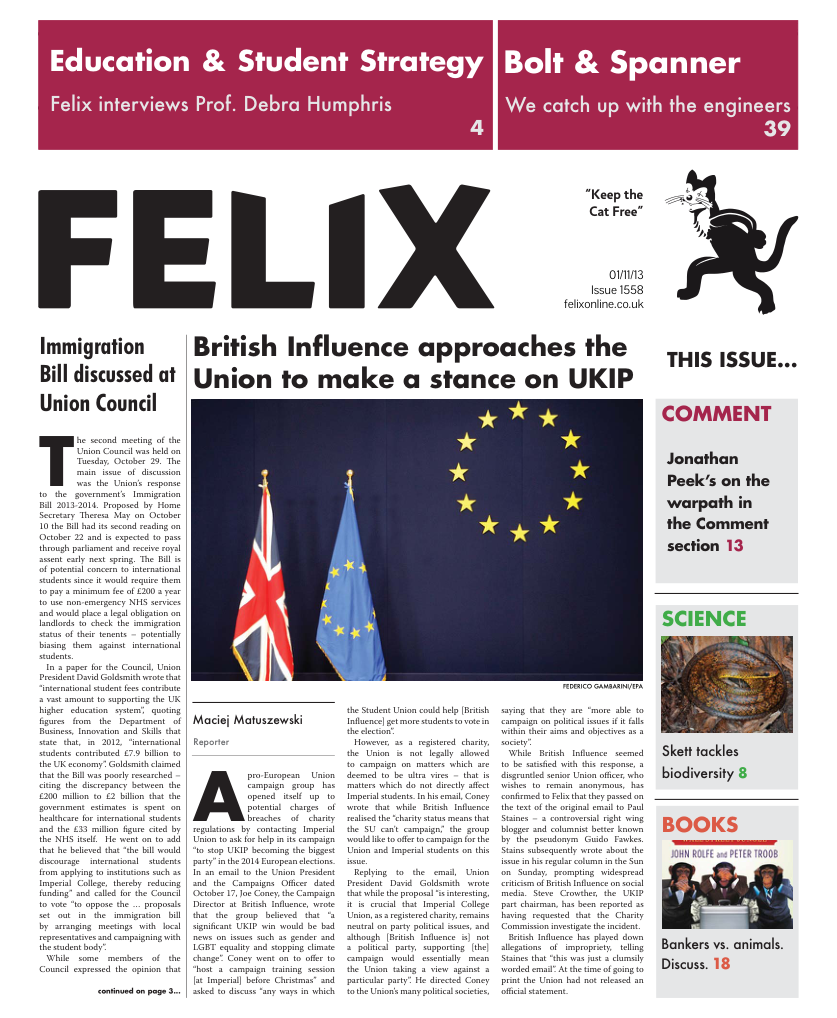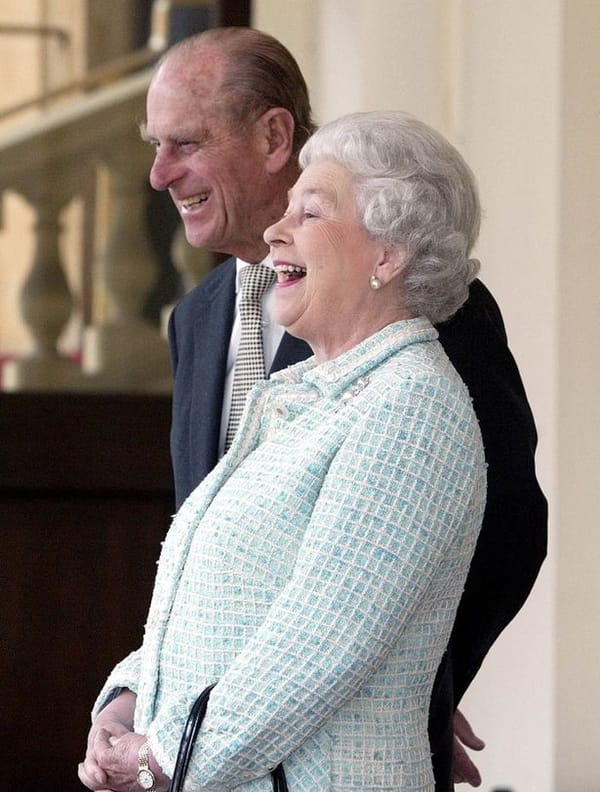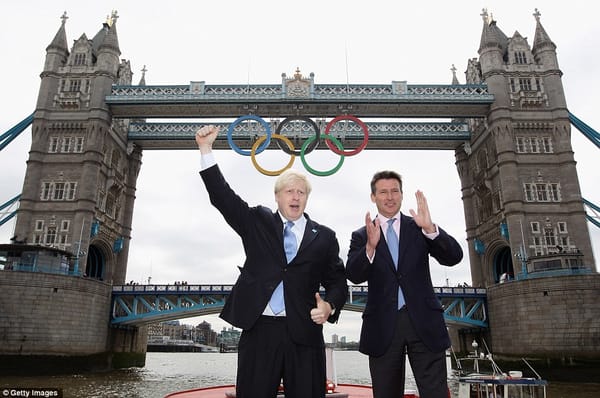Saudi Arabia: Is driving a human right?
I’ve always been in love with driving. In school, when I was learning to drive, my Physics teacher told me that he wished that we were in Saudi Arabia, where women are banned from driving, because then at least I’d shut up about it in his lessons.
I’ve always been in love with driving. In school, when I was learning to drive, my Physics teacher told me that he wished that we were in Saudi Arabia, where women are banned from driving, because then at least I’d shut up about it in his lessons. I remember being outraged to learn this, and it’s always stuck with me. While I would abstain from describing driving as a basic human right, it’s certainly not a right that should be awarded based on gender.
According to the 2013 Global Gender Gap Report, Saudi Arabia comes in at 127th out of 136 countries in terms of gender equality. Despite minor fluctuations, their score has improved more than any other Middle Eastern and North African region since 2006. However, it remains the lowest performing in the group of high-income countries. Education for women has improved drastically over the last few decades, with rates of women enrolling in post-secondary education now being higher for women than for men. A quota for the number of women in parliament has been introduced, meaning that it is now made up of 20% women. In 2011, King Abdullah bin Abdulaziz al Saud declared that women would be eligible to stand and vote in the 2015 local elections, and as of August, domestic violence is now a criminal offence. However, despite all these improvements, the gender gap index score remains far lower than other countries of similar GDP, global competitiveness index, or many other comparable factors. While progress is being made rapidly in Saudi Arabia, there is still a long way to go. In opposition to these changes, Saudi Arabia remains the only country in the world to place a ban on women driving. This is seen largely as a result of the culture, not any religious laws, and indeed, neither national traffic regulations nor sharia law explicitly prevent women from driving. Instead, women cannot obtain licences, and police are advised to remove keys from any women drivers, and issue them with a warning.
Sheikh Saleh bin Saad al-Lohaidan, a conservative cleric and judicial advisor, has recently gone on record as saying that women who drive are more likely to bear children with clinical problems as the act of driving “automatically affects the ovaries and pushes the pelvis upwards”, which sounds like something that The Onion would report. The 2013 March of Dimes global report on birth defects shows Saudi Arabia coming in second highest out of all countries listed, with 81.3 birth defects per 1000 live births. With many birth defects being attributed to environmental factors and inadequate prenatal care, this seems to suggest that banning women from driving should not really be their biggest concern when it comes to reducing this.
On October 26th, many women took to their cars, and posted videos online of themselves driving in various cities. In contrast to similar protests in 1990 and 2011, there have been no reported arrests following these demonstrations. According to activists leading the campaign, the attitude of Saudi men towards women driving is changing, seeing the ban as no longer in line with a country where 17% of the native workforce are women. The lack of enforcement of the ban throughout these protests also seems to indicate a changing mood amongst the government in terms of lifting the ban. King Abdullah has said publicly that women will drive one day, but Saudi authorities are quoted as saying that “society is not ready”, a view seemingly defied by the social media response and the vast number of signatories on the petitions to allow women to drive.
Attitudes towards gender equality are changing in Saudi Arabia, and with global support, it can only get better. There is still an awful lot of improvement yet to be made, but it is happening, and quickly. The success of these protests would be a huge leap in terms of women’s freedoms in Saudi Arabia. Although it may not be the biggest discrimination that they currently face, it has been described to have become to Saudi women what the seat on the bus was to Rosa Parks – a symbol of a more subtle oppression.








